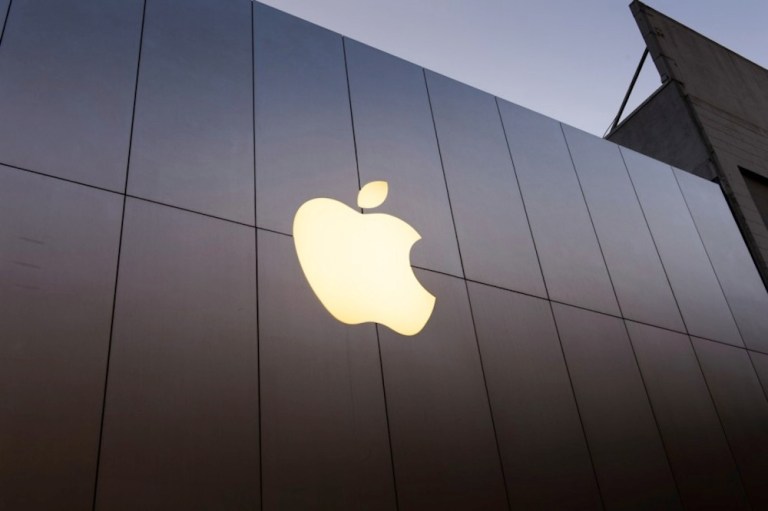Apple Wants To Know What’s In Those Shopping Bags

Apple’s latest patent shows its innovation is taking on a new shape.
The shopping bag.
The tech giant submitted a patent application for the bleached sulfate paper bag, which is made of recycled paper to be more environmentally friendly.
In the application, Apple described the bag as follows:
“A paper bag is disclosed. The paper bag may include a bag container formed of white solid bleached sulfate paper with at least 60 percent post-consumer content.”
Besides the new special material, the bag will feature a reinforced structure and handles that are made of knitted-together paper fibers.
The company has also filed an additional patent to estimate the number of bags its shoppers will use so that they are unable to bag products they haven’t purchased. The patent application is relevant to a scenario where Apple customers checkout via their own mobile devices, most likely with Apple Pay.
“There can be some flexibility in the estimate of the number of bags because some consumers are less efficient at bagging and others are more efficient,” the patent stated.
Earlier this year, Apple found itself back in the courtroom over a patent dispute.
Apple and Caltech will face off in court over Wi-Fi chips and whether or not Apple’s use of them constitutes a violation of a patent held by the university. Caltech argued, in a suit filed in May, that Apple intentionally and knowingly advertised gains from technology patented by Caltech in every iPhone model after the iPhone 5. The suit seeks to recover damages from the infringement and block the sale of the contested products until such a settlement is reached.
Apple is not the only named party in the suit. Broadcom, which creates the Wi-Fi chips used in the iPhone and MacBook, also faces the claim of infringement. In fact, Broadcom is the core target of the case. Apple is included because, according to Caltech, Apple is one of Broadcom’s largest clients and represents about 14 percent of the company’s revenue.